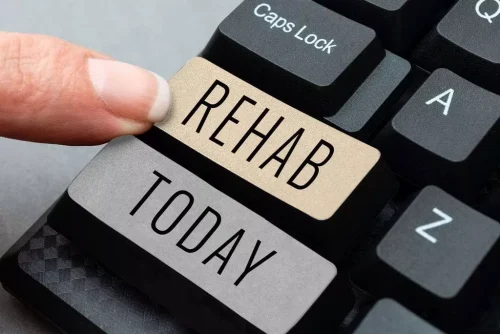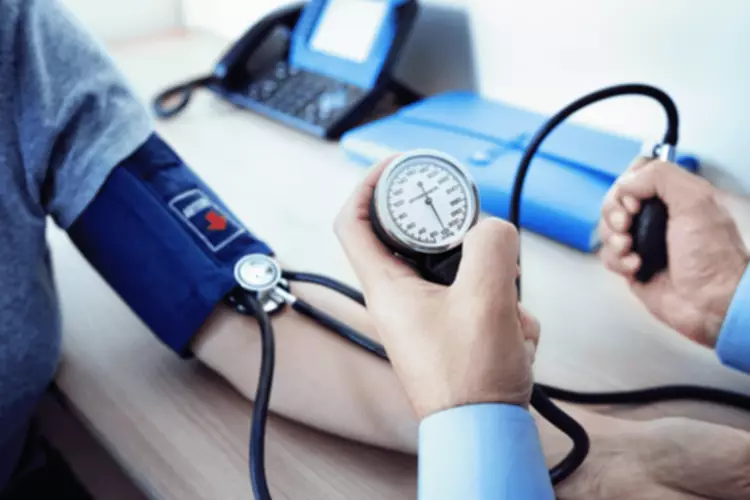
Binge drinkers often have a harder time with tasks that involve impulse control, leading to reckless or dangerous behavior. Many alcoholic beverages have lots of calories, and you might not notice that because they’re so easy to consume. For example, if a 12-ounce beer has about 150 calories, and you drink five, you’ve consumed an additional 750 calories which can quickly add inches to your waistline. Whatever your personality, though, there are steps you can take to modify your habits and take back control of your drinking. You have a hard time cutting yourself off once you start drinking. Perhaps you frequently get caught up in the feeling of euphoria that comes with being intoxicated.
Binge DrinkingWhat it is, the Effects, and How to Stop Binge Drinking
With the right level of support, you can regain control of your life. If you’re worried about your drinking habits, book an appointment with how to stop binge drinking your GP. While the idea of talking to someone about your binge drinking may be scary and even embarrassing, it’s an important step to take.
How Common Is Binge Drinking?

A young individual who drinks excessively is at a higher risk of continuing the behavior into adulthood and developing an AUD. Peer pressure is one of the most common reasons why people overdrink, especially when they’re young or inexperienced drinkers. The Alcohol Use Disorder Identification Test is used by medical professionals to assess their patient’s risk level for alcohol dependence. Annie has dedicated her life to helping people take back control of their lives and drinking.
Frustrating Ways Alcohol Makes You Gain Weight
- Meeting for a happy hour or partaking in a prolonged dinner with several bottles of wine may be part of the norm of your current lifestyle.
- For many, working with a therapist on a specialized alcohol therapy program can be a really effective way to make a long-lasting change.
- Additionally, I examine the way mental and physical health as well as our relationships with others impact the reasons people drink and their role in maintaining sobriety long-term.
- Because of the impairments it produces, binge drinking also increases the likelihood of a host of potentially deadly consequences, including falls, burns, drownings, and car crashes.
- Finding a therapist can also be a great starting point if you’re uncomfortable opening up to your healthcare professional.
Those who binge drink are much more likely to participate in risky sexual behavior, including not using condoms, and therefore increase their risks for sexually-related problems. For example, binge drinkers have been found to have problems with verbal learning skills. You may even find your ability to learn new verbal information improves if you cut down on the number of drinks you have. If you stop binge drinking, you may find that your ability to pay attention, plan, make decisions, process emotions, and control your impulses will improve. Scientific research has linked heavy drinking to a wide range of effects on your health. Almost every system in your body can be negatively affected by alcohol.


Maybe you’ve never been interested in logging your innermost thoughts, but journaling can be a great tool to track your feelings as you work on quitting alcohol. If you turn to alcohol to manage emotional distress, the added overwhelm can prompt the urge to drink, making success seem even more out of reach. But maybe you’re unsure about quitting completely and don’t want to hold yourself to that goal.
- You’ll start to feel the effects of alcohol within 5 to 10 minutes of having a drink.
- Research shows that most people believe that drinking can make them feel better.
- It was middle-aged and older adults who showed the most substantial increase in binge drinking.
- If you have a tendency to drink more than you should, do not keep alcohol within easy reach.
Best Online Therapy Platforms We Tried and Tested
Alcohol lowers inhibitions and, in the moment, makes you feel more relaxed. Because of this initial effect, people often use alcohol to cope with social anxiety. You might binge drink in order to feel confident talking, flirting, or making jokes with strangers. Alcohol use continues to take up more of your time and energy, impacting your physical and mental health until you need to take serious steps to address your drinking problem. Maybe you feel overconfident in your ability to drive while intoxicated, or you don’t think of the risks involved with physical stunts or going home with a stranger. You might also worry about whether alcohol is causing permanent damage to your brain or heart health.

Honest disclosure is vital for optimal care, and even small reductions in alcohol intake can significantly improve health outcomes. Naturally, you may wonder https://ecosoberhouse.com/ how much alcohol you have to drink to get to that point. The answer depends on your sex, age, body mass, metabolism, the type of alcohol, and more.
